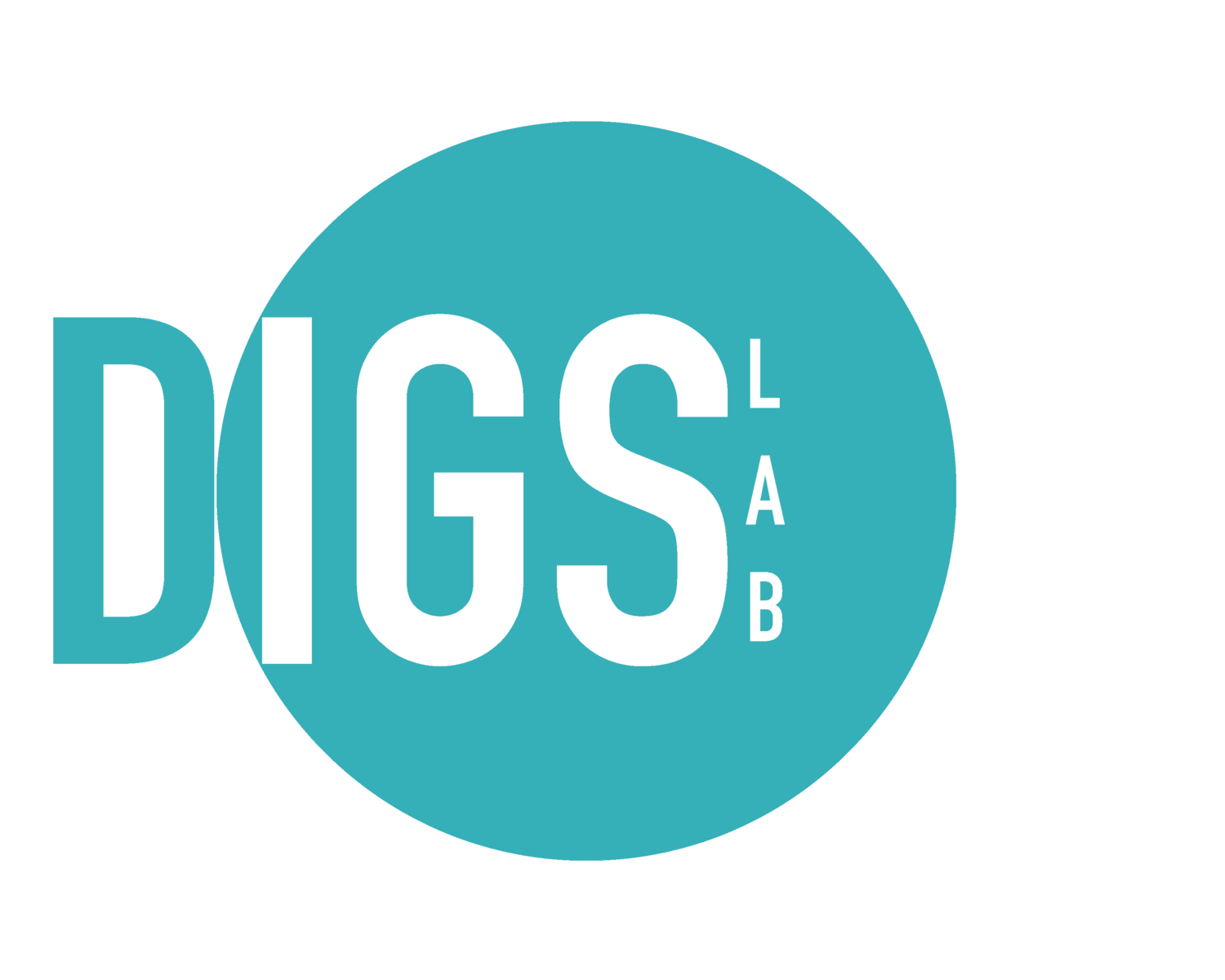Photo by Linda DV
How social media and apps are shaping Montreal’s sociocultural landscape for queer women
Research funded by the Social Sciences and Humanities Research Council
Principle Investigator: Stefanie Duguay, Concordia University
Collaborator: Julie Podmore, Geography, Planning and Environment, Concordia University
The ways that lesbian, gay, bisexual, transgender, and queer (LGBTQ) people meet and access social support are changing. Historically, a concentration of LGBTQ people, venues, and organizations gave rise to ‘gay villages’ in Canada’s major urban centres. Even so, queer women have often lacked the capital to afford property in gay villages and have relied on informal social networks, contributing to their relative invisibility across cityscapes. While gentrification and other factors have led to a dispersion of LGBTQ venues and people from gay villages and across cities, this has coincided with widespread adoption of the internet, social media, and apps.
LGBTQ people access an array of digital media technologies to connect for the purpose of forming relationships, friendships, and communities. However, limited research examines the use of multiple technologies, constituting an individual’s digital media ecology, and few studies assess how these technologies frame physical gathering spaces. While studies of mobile media have found that their features for overlaying digital and physical spaces enable connection even in homophobic environments, much research remains concentrated on gay men’s technology use. Given that queer women continue to experience high rates of anxiety, depression, and risk of suicide due to the dual impact of sexual stigmatization and gender inequality, the need to understand their modes of social support (and lack thereof) remains critical.
This SSHRC-funded project explores how social media and apps are shaping queer women’s social connections, organizing and communities in Montreal. Its three objectives are to:
Identify the role of social media and apps in connecting queer women in order to provide greater information and resources to LGBTQ women’s organizations for facilitating social connections;
Critically analyze commercial social media and apps adopted by queer women to further scholarly knowledge about how a range of technologies shape opportunities for connection; and
Analyze the interplay between digital media technologies and physical social gatherings to further scholarly and practical knowledge of how such technologies overlay physical and digital spaces in a local context.
This will be achieved through traditional and digital research methods addressing two focal questions: A) How are digital media technologies influencing the ways queer women meet, form communities, and encounter LGBTQ organizations? B) How are LGBTQ women’s organizations, businesses, and community initiatives responding to shifts in digital media technologies and their impact on physical spaces? The project will begin by mapping, observing, and critically analyzing queer women’s physical and digital spaces, applying textual and visual analysis to the digital media intended to speak to Montreal’s queer women. Then interviews will be conducted with diverse queer women’s groups (e.g. non-profits, businesses, and grassroots communities) to understand how digital media technologies impact their organizing strategies.
Research outputs
Reports:
(EN) Duguay, S., Trépanier, A.M., & Chartrand, A. (2024). Digital and physical lesbian and queer gatherings: Findings from a study of approaches in Montreal and online. Digital Intimacy, Gender, and Sexuality Lab, Concordia University. Montréal, Quebec.
(FR) Duguay, S., Trépanier, A.M., et Chartrand, A. (2024). Rassemblements numériques et physiques des personnes lesbiennes et queers : Résultats d’une étude sur les approches utilisées à Montréal et en ligne), Laboratoire sur l’intimité, le genre et la sexualité numériques, Université Concordia, Montréal, Québec, 2024.
Publications:
Add Duguay, S., Trépanier, A.M., & Chartrand, A. (2025). Hybrid constellations: Investigating the role of communication technologies in coordinating lesbian mobilities in Montreal, Canada. Gender, Place & Culture, published online March 6. https://doi.org/10.1080/0966369X.2025.2473392
Krishnan, P. & Duguay, S. (2020). From “Interested” to showing up: Investigating digital media’s role in Montreal-based LGBTQ social organizing. Canadian Journal of Communication, 45(4), 525-544.
Conference papers:
Duguay, S., Chartrand, A., Trépanier, A.M. (2022). Hybrid constellations: Examining social media’s role in the Montreal lesbian social scene. Association of Internet Researchers Annual Conference, November 2-5, Dublin, Ireland.
Duguay, S. (2019). Parties no one will raid: Homonormative LGBTQ social organizing in the gig economy. Stonewall 50: The Future of Global Queer Liberation Art & Media Symposium, November 7-10, Toronto Queer Film Festival, Toronto, Canada.
Duguay, S. & Krishnan, P. (2019). From “interested” to showing up: Queer social organizing through digital media. Beyond paradoxes of visibility: Investigating the Sociotechnical Complexities of Diverse Sexualities and Genders panel at the Canadian Communication Association Annual Conference, June 3-6, Vancouver, Canada.
COVID-19 and digital shifts in queer spaces
As the COVID-19 pandemic has changed how people are gathering, leading to the cancellation of in-person events and the development of digital spaces for support, care, and socializing, this project has adapted to examine such changes. As part of this, we have been examining how LGBTQ+ event organizers use, appropriate, and queer the digital technologies available for connecting.
Read about our findings here:
Duguay, S., Trépanier, A.M., & Chartrand, A. (2022). The hottest new queer club: Investigating Club Quarantine’s off-label queer use of Zoom during the COVID-19 pandemic. Information, Communication & Society. Published online June 30, 2022. doi: 10.1080/1369118X.2022.2077655
Preliminary findings from a case study of Club Quarantine were presented at Digital Intimacies 6: Connection in Crisis.


